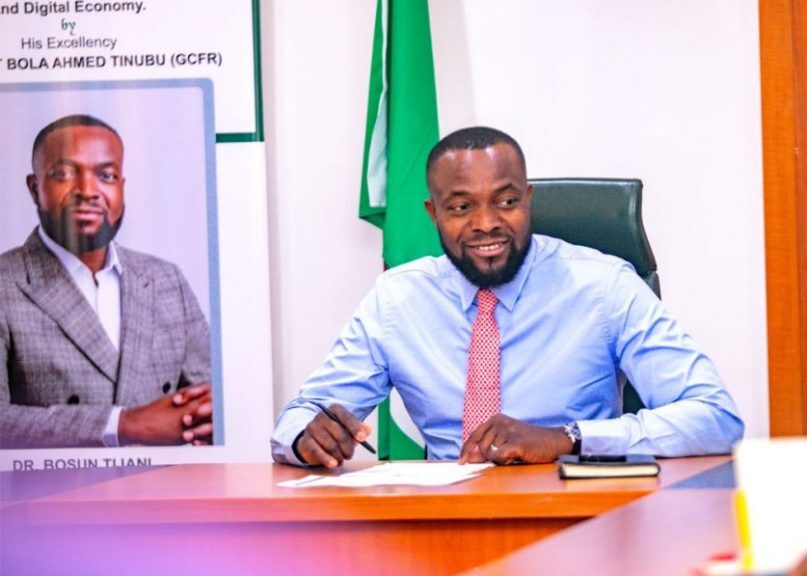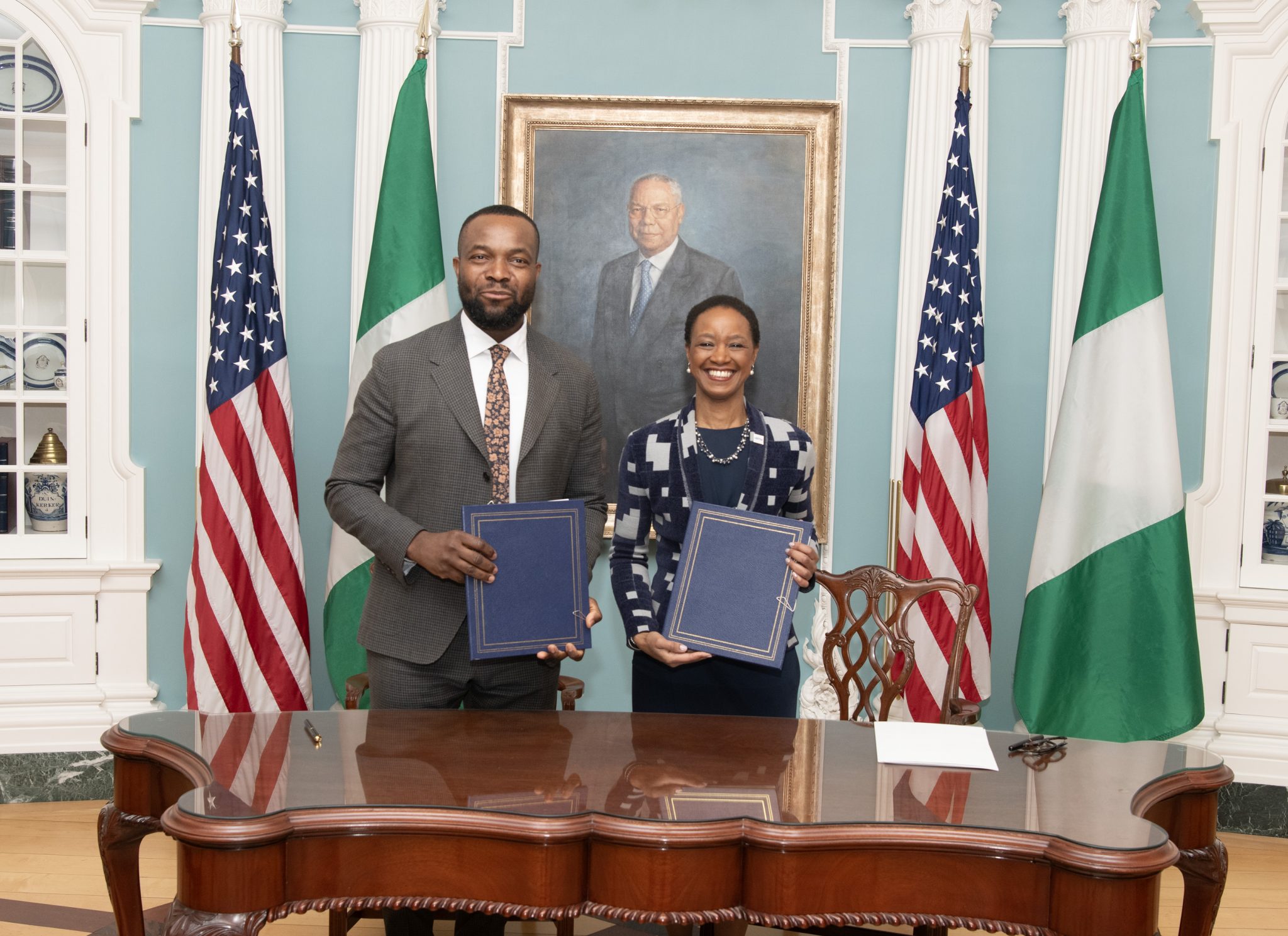




In a recent statement, Dr. Bosun Tijani, Nigeria's Minister of Communications, Innovation, and Digital Economy, announced the Ministry's intervention in telecom tariff discussions to safeguard Nigerian interests. Tijani emphasized the Ministry's supervisory role over the Nigerian Communications Commission (NCC), asserting that the NCC should not approve any tariff increases exceeding 60%. He highlighted the critical nature of connectivity for Nigerians, noting that it is essential for survival and access to opportunities. [4bc469df]
The Nigerian government is actively investing in infrastructure to support telecom operators, aiming to achieve internet speeds of 25 Mbps in urban areas and 10 Mbps in rural regions. Currently, Nigeria has 35,000 kilometers of fiber optic cable, with ambitious plans to expand this coverage to 125,000 kilometers. This project is expected to significantly increase internet penetration to over 70% and reduce access costs by more than 60%. [4bc469df]
The expansion of fiber optic infrastructure is projected to contribute to a 1.5% growth in GDP per capita, potentially raising Nigeria's GDP from $472.6 billion in 2022 to $502 billion over the next four years. This initiative aligns with the broader goals of enhancing digital connectivity in Nigeria, which includes a recent U.S. grant of $2,095,000 for assessing the feasibility of deploying at least 90,000 kilometers of new fiber optic backbone infrastructure across the country. [8f14ffe2]
The U.S. Trade and Development Agency (USTDA) funding is part of Nigeria’s National Broadband Plan 2020-2025, which aims to increase broadband penetration from 42.27% to 70%, ensuring that 90% of the population has access to affordable broadband. [8f14ffe2]
In addition to infrastructure investments, Tijani has called for the rapid drafting of the National Digital Economy and e-Governance Bill, which aims to enhance Nigeria's digital economy and provide a legal framework for international digital trade. This bill will involve consultations across all 36 states and Abuja, with support from the World Bank Group's ID4D Initiative. [0c1b8f02]
Furthermore, over 90% of Nigerian adults have registered in the digital ID system, which is expected to facilitate better access to services and enhance interoperability among government agencies. [c6e5a38b]
As Nigeria continues to navigate its digital transformation, communication expert Bowale Odukale has stressed the importance of digital literacy for the country's resilience in the digital age. He advocates for significant investments in digital education and infrastructure, particularly in rural areas, to bridge the digital divide and promote an inclusive society. [e641f195]
The EDISON Alliance, launched by the World Economic Forum, has connected over 1 billion people to digital services globally, yet 2.6 billion people remain without internet access, highlighting the ongoing challenges of the digital divide. [3c991397]
Closing this gap could generate $8.7 trillion in benefits, but achieving universal internet access by 2030 may require an estimated $446 billion in investments. The Alliance's future plans include expanding digital access and addressing the gender gap in digital inclusion, emphasizing the need for comprehensive strategies to ensure that all individuals can benefit from the digital economy. [3c991397]